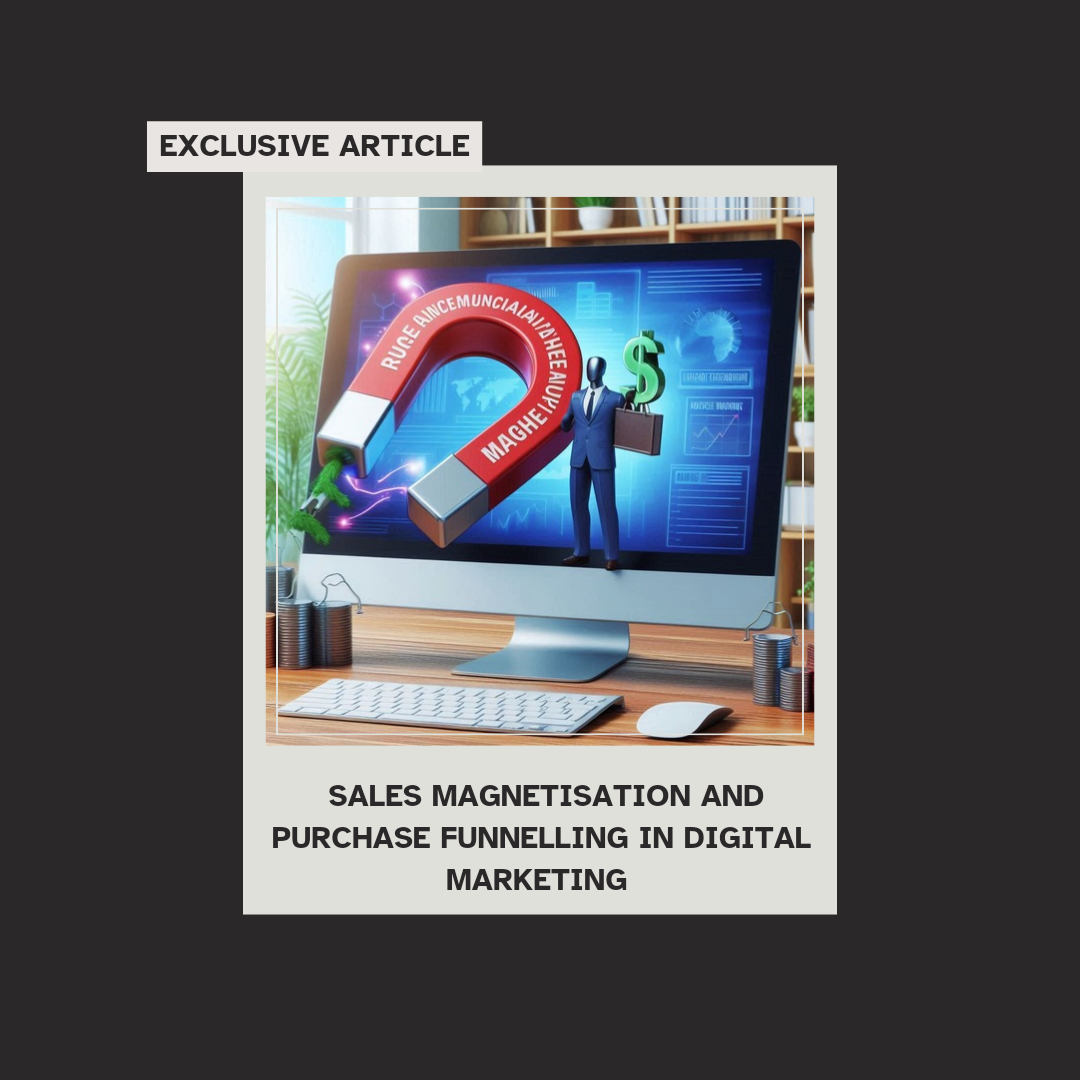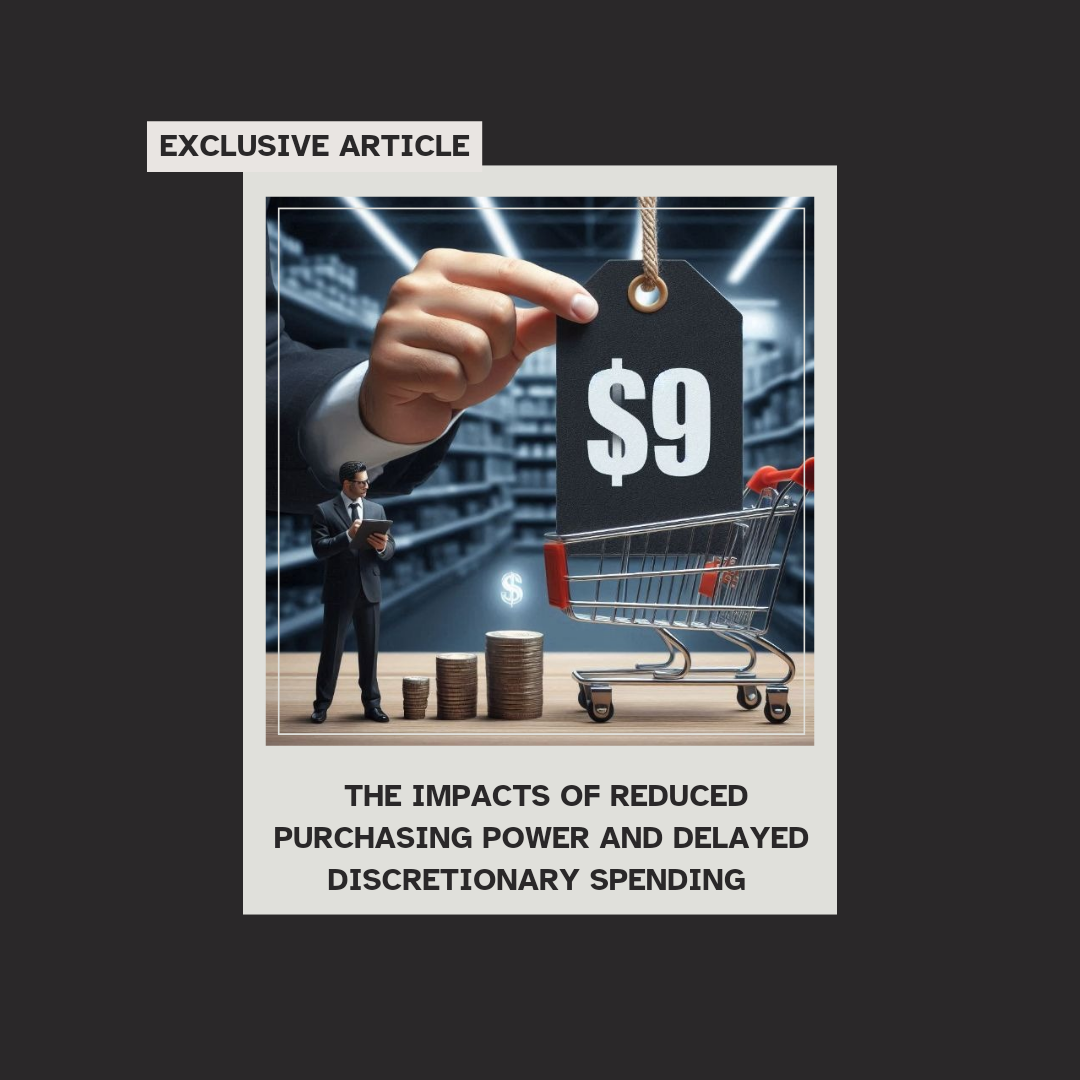Articles
Business and the Economy
EXCLUSIVE
ARTICLES
Make an impact today
Support my free content by contributing a donation.

How Sales Magnetisation and Purchase Funnelling Works in Digital Marketing
In the rapidly evolving landscape of digital marketing, the concepts of sales magnetization and purchase funneling play critical roles in converting leads into loyal customers. Sales magnetization refers to the strategic process of attracting potential customers by creating compelling offers, utilising targeted content, and optimising brand visibility. This draws in visitors who are not just browsing but are actively seeking solutions that your product or service provides.
Effective sales magnetization begins with thorough research into your target audience’s preferences and pain points. By developing buyer personas and leveraging data analytics, businesses can tailor their messaging to resonate deeply with prospective customers. This engagement often occurs across multiple platforms, including social media, email marketing, and content marketing, where touchpoints are designed to capture interest and promote interaction.
Once potential customers are drawn in through these initial touchpoints, the process of purchase funneling begins. The purchase funnel is essentially a visual representation of the customer journey from awareness to conversion. It consists of several key stages: awareness, interest, consideration, intent, evaluation, and purchase. Understanding these stages is crucial for marketers, as it allows them to develop targeted strategies for nurturing leads at each step.
At the awareness stage, the focus is on creating brand recognition through informative content, advertisements, and social media engagement. As leads move to the interest stage, they seek deeper insights and evaluations of offerings, making compelling product descriptions and client testimonials vital. In the consideration stage, this could involve more personalised communication, such as email drip campaigns tailored to respond to specific inquiries or behaviours.
The intent stage is pivotal; this is where potential customers are deciding between options. Strategies such as retargeting ads, limited-time offers, and detailed comparisons can be instrumental at this junction. Finally, as prospects reach the evaluation and purchase stages, a seamless transaction experience, alongside follow-up communications, ensures not just a sale but also sets the foundation for future loyalty.
In conclusion, integrating sales magnetization with an effective purchase funnel allows businesses to not only attract potential customers but also guide them through a structured journey, enhancing conversion rates and fostering long-term relationships. This holistic approach is imperative in today’s competitive digital marketplace, ensuring that every step of the customer journey is optimised for maximum engagement and satisfaction.

